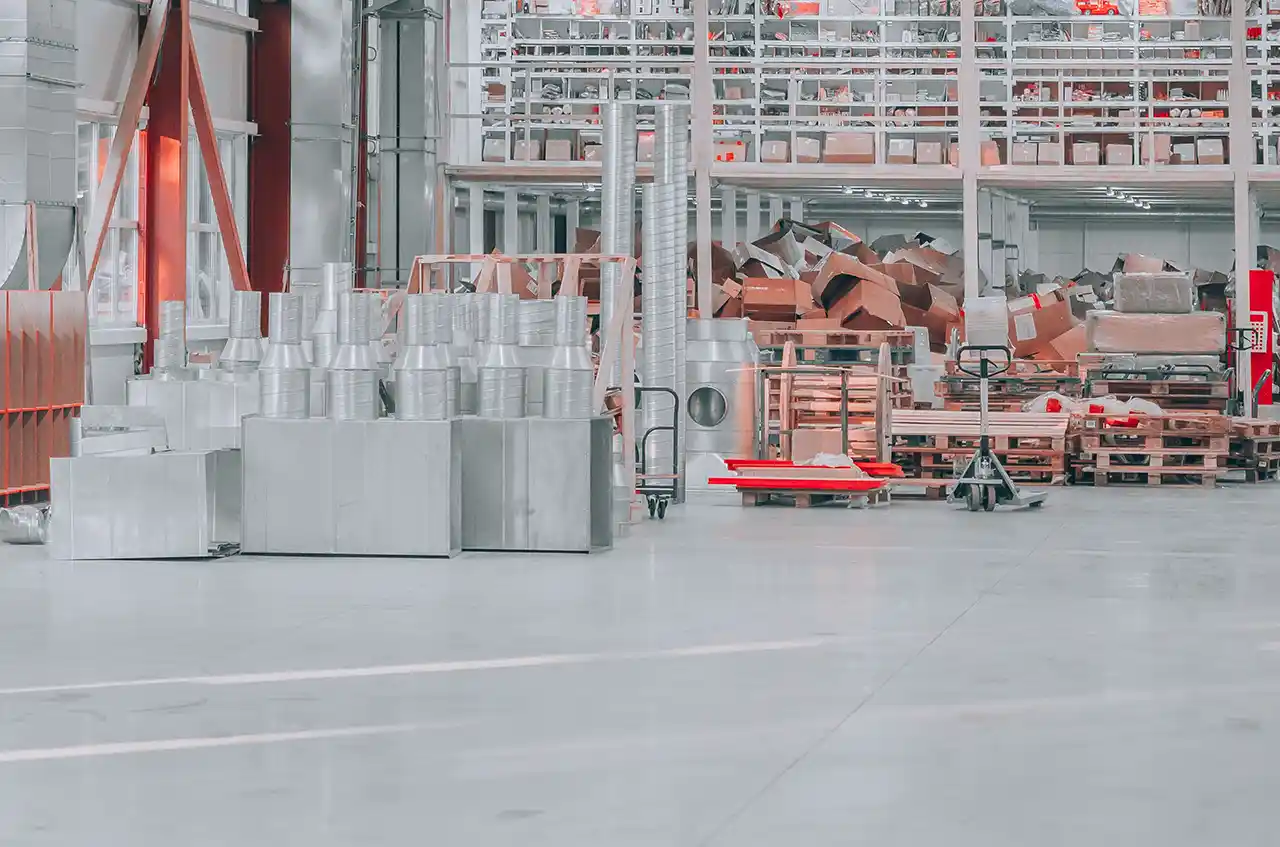
Products
Services
Applications

In manufacturing and industrial settings, trolleys equipped with high-quality caster wheels are vital for efficient material handling and transportation. Caster wheels, the small yet significant components of trolleys, play a crucial role in facilitating smooth movement.
Rubber: Offers excellent shock absorption and is ideal for use on uneven surfaces. Rubber casters are quiet and prevent floor damage.
Polyurethane: Known for its durability and resistance to wear and tear, polyurethane casters are suitable for both indoor and outdoor use.
Steel: Provides high strength and is typically used in heavy-duty applications where load capacity is a primary concern.
Nylon: Lightweight and resistant to chemicals and abrasion, nylon casters are often used in clean environments and for moderate loads.
Load Capacity: Calculate the total weight the trolley will carry and select casters that can handle the load. Overloading can lead to premature wear and failure.
Floor Surface: Choose wheels based on the floor type (concrete, tile, carpet) to ensure optimal performance and prevent damage.
Environmental Conditions: Consider factors like temperature extremes, exposure to chemicals, or moisture that might affect the caster's performance and longevity.
Wheel Size: Larger wheels roll more easily over obstacles and uneven surfaces but may have a higher profile. Smaller wheels are more suited for smooth, flat surfaces.
Whether transporting heavy materials or facilitating smooth movement in warehouses, the choice of caster wheels can significantly impact the performance and safety of trolleys. For manufacturers, the choice of caster wheels in trolleys is more than just a technical decision; it's a strategic one that impacts operational efficiency and safety.